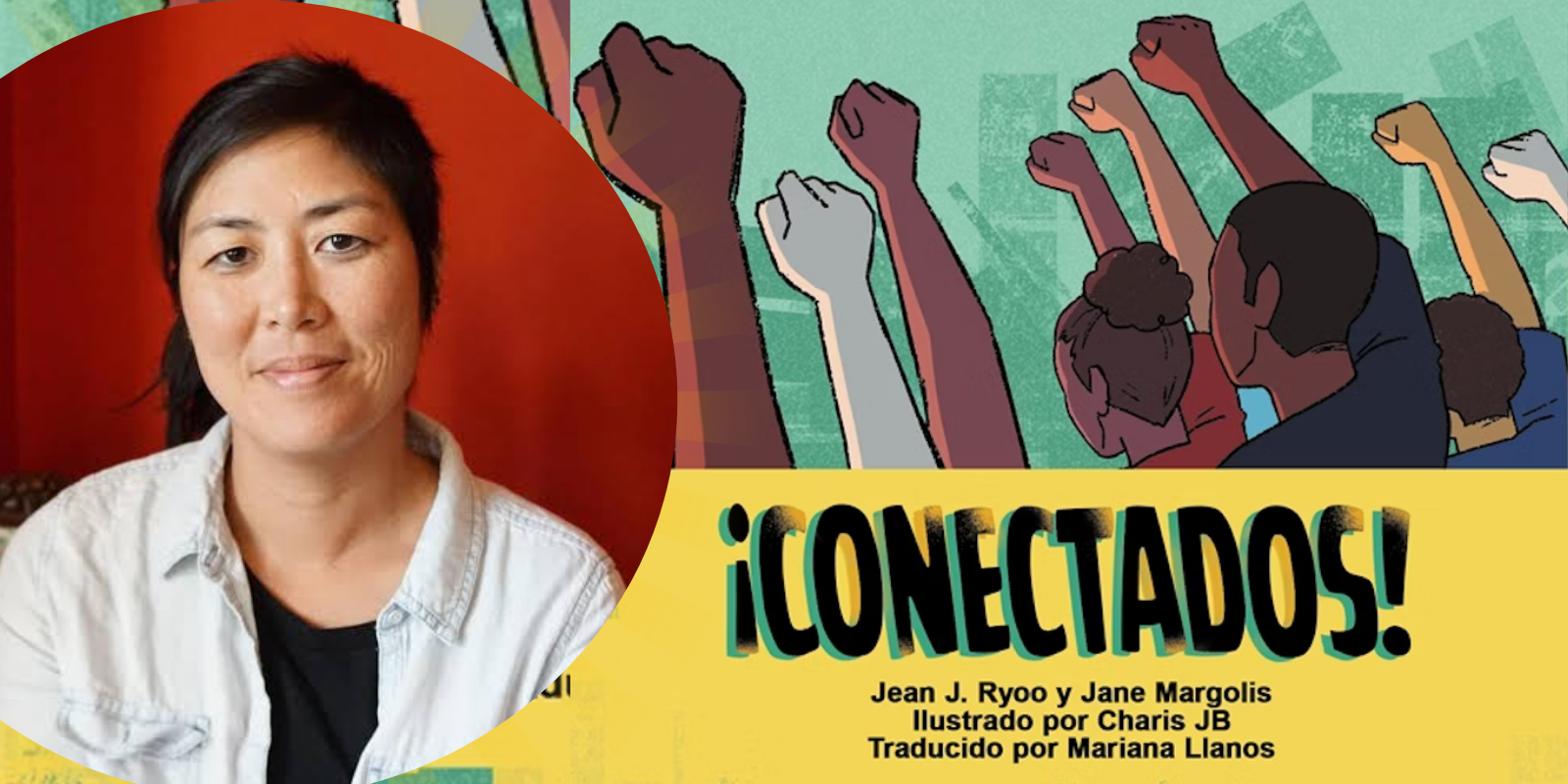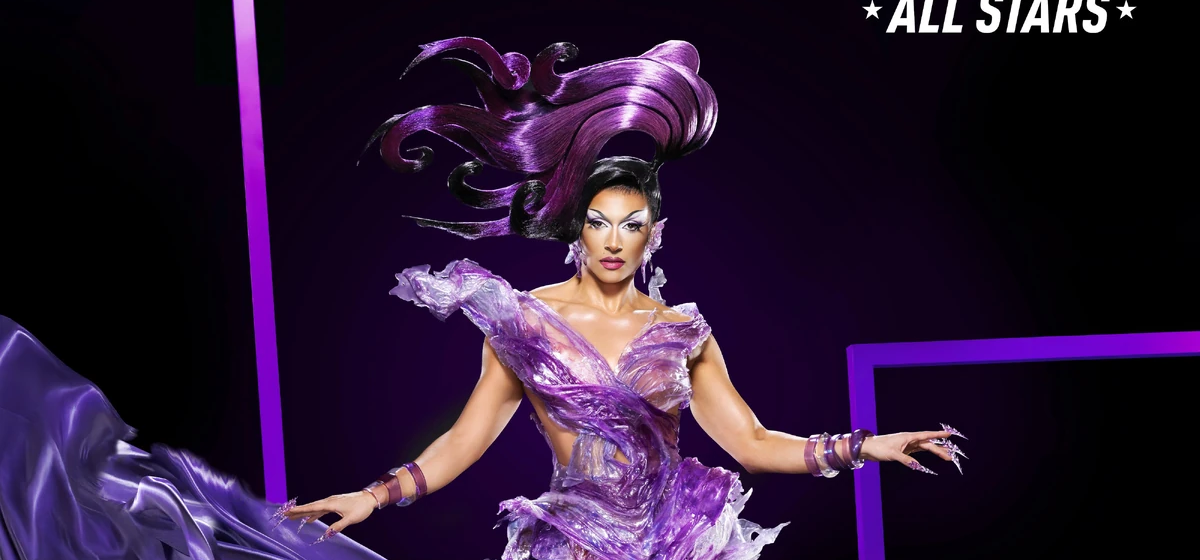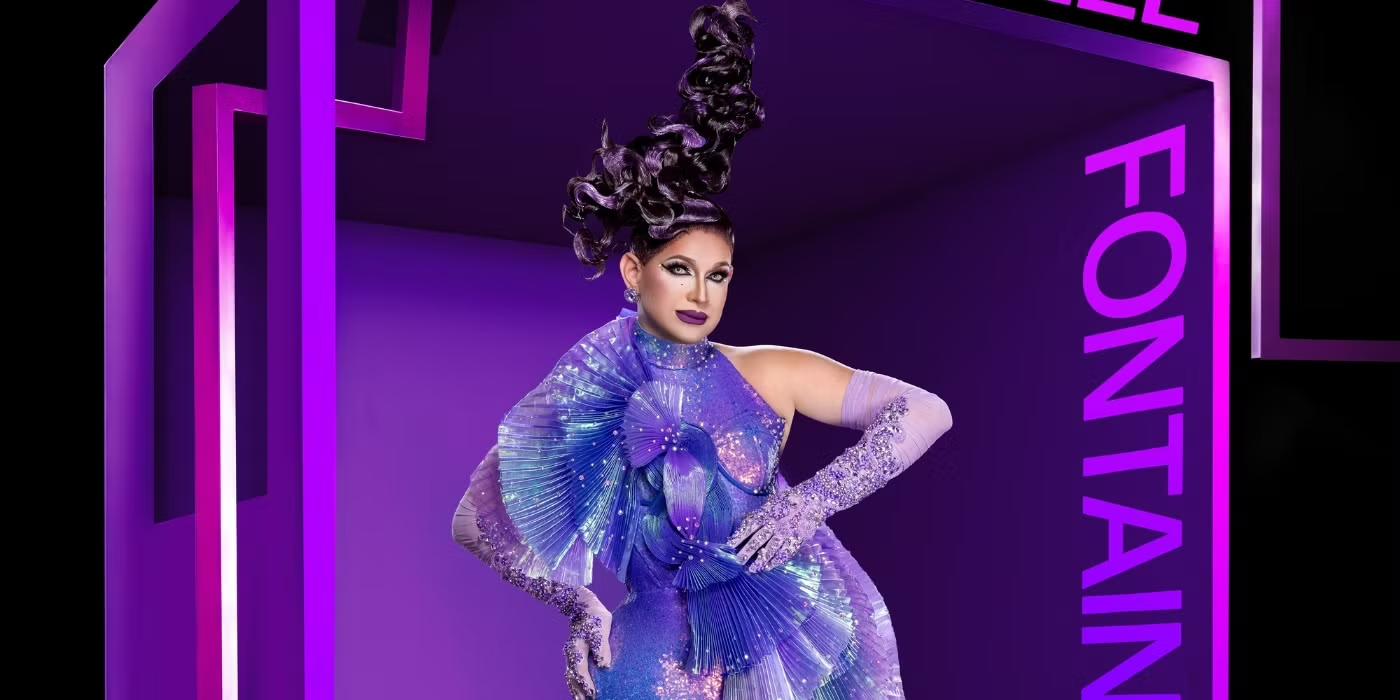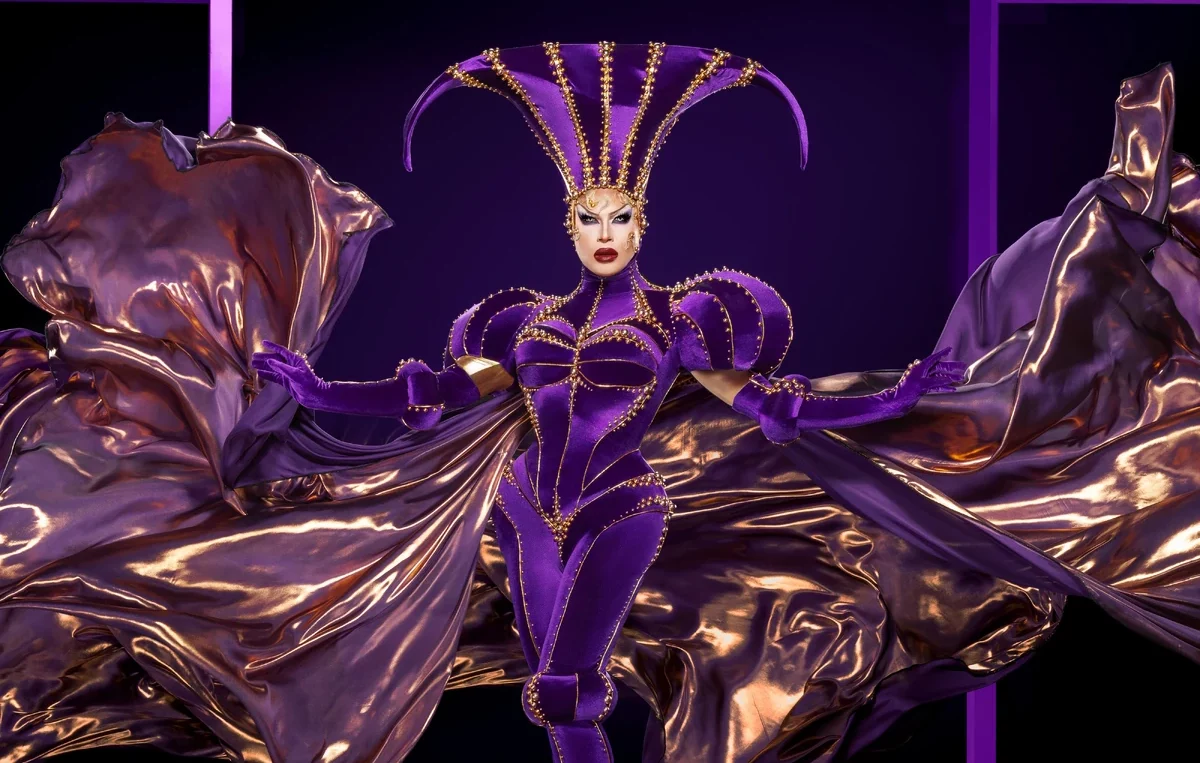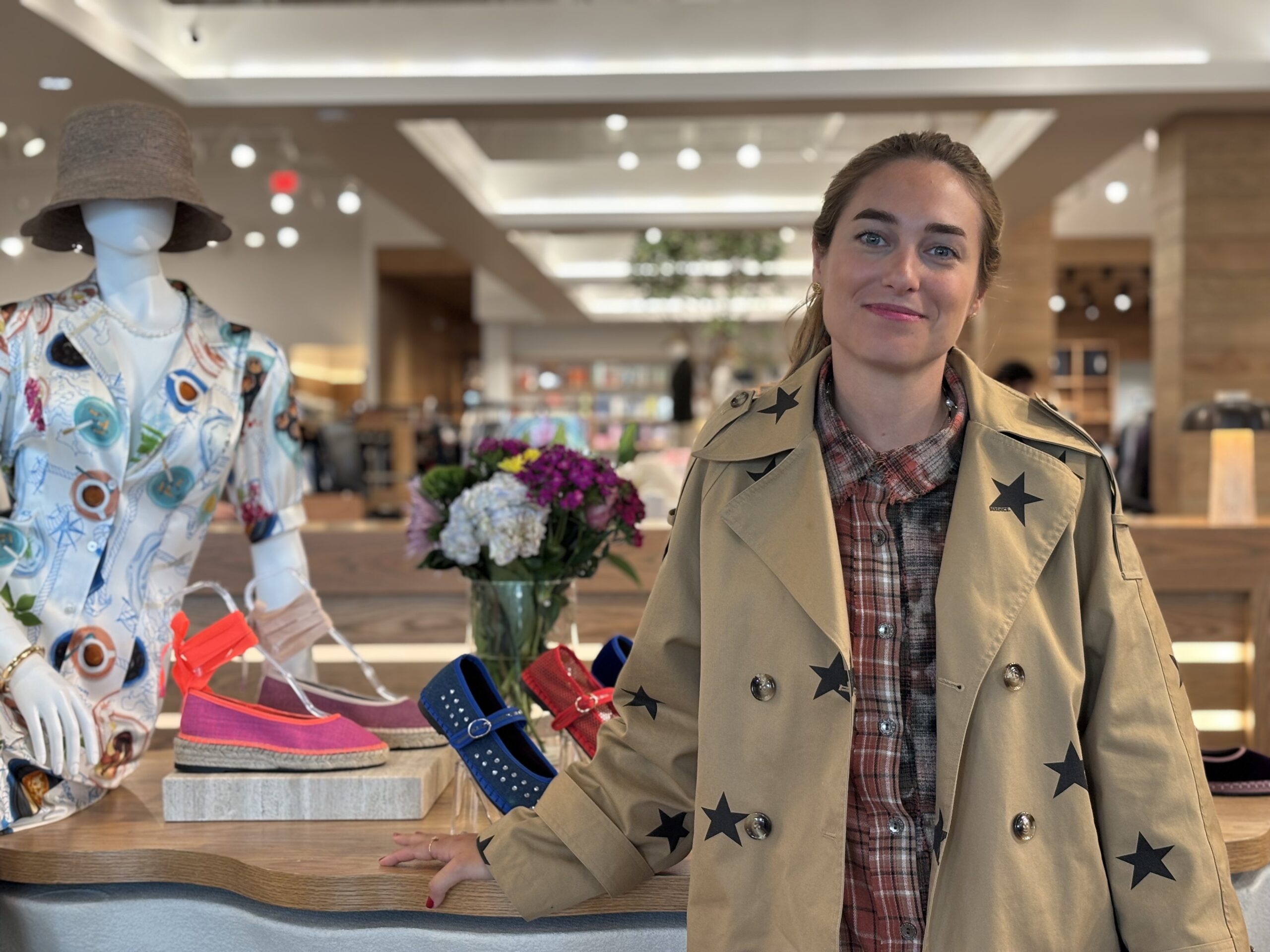Authors and UCLA educational researchers Jean J. Ryoo and Jane Margolis are on a mission to bridge the STEM divide, emphasizing the critical need for STEM education with their YA graphic novel Power On! The project follows four friends as they advocate for the education they deserve, learning about the benefits and dangers of technology along the way. Though originally released in 2022, Power On! has just been published in Spanish under the name ¡Conectados! Latinitas Magazine had the privilege of speaking to Author Jean J. Ryoo about the decision to translate the novel and the importance of tech accessibility for all students.
“From the time of its release, we always wanted a Spanish translation of the graphic novel,” Ryoo shares. Through ¡Conectados!, Ryoo and Margolis aimed to inspire all students, but particularly those of color, to get involved with computer science education. As Ryoo continued, even I was surprised by how much the authors considered the Latino perspective right from Power On!’s start, “The first version that I wrote, we brought together a team of students. At least half of them were Latino and Latina, and half were Black.” Ryoo explains, “We wanted their thoughts on, okay, how does this graphic novel seem to you? Do you like the storyline? Does it make sense? What are we missing? So it’s already shaped in part on the experiences of Latino and Latina students.”
The reason for this? As educational researchers, Ryoo and Margolis believe culture plays a role in everything, “Culture and identity inform how and what we choose to do and create with computing and technology.” Ryoo explains, sharing an example of a lesson her friend and fellow teacher, Alicia Morris held, “She organized a debate in a computer science class on the positives and negatives of becoming a completely cashless society.” According to Ryoo, it was during the debate that students began demonstrating the value of their unique cultures and identities, “One of the examples I love is when a student asked, what’s gonna happen to the raspado man selling shave ice…cash is so important for them.” Students also began asking what would happen to churches, when they hand out the donation box, or when they see low-income people. Are they going to hand out their card? Venmo them?
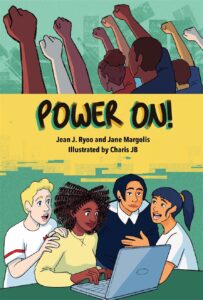
“It made me think, if we had more Latino and Latina young people helping to design today’s computing technologies, they would raise the questions that current designers are not asking.” At the moment, technology is not being designed with a diverse range of people in mind. An example Ryoo also brought to attention was facial recognition, “Facial recognition tools are biased in favor of light-skinned men.” Ryoo stated, “They have over 30% error rate for dark-skinned women.” Ryoo is referencing a 2018 study conducted by Joy Buolamwini which found that facial-analysis software shows an error rate of 0.8 percent for light-skinned men and 34.7 percent for dark-skinned women.
“Dr. Buolamwini herself is a black woman, and she had to use a white mask for the facial recognition tools to even see her… Which isn’t much of a surprise, right? Because it’s light-skinned men who designed that technology.” But the issues don’t stop there, “Whether it’s biased algorithms, bank loan systems, job application review systems, educational programs. We’ve been seeing that a large part is hurting people of color and low-income communities and women the most.” This is why Ryoo and Margolis created Power On!, to inspire people of color and people everywhere to take the power back into their own hands, by getting involved with learning computer science, “I think many embrace this myth that technology can help make better decisions by taking the place of biased humans. But in reality, computing technologies are being created with human bias.”
So how do we combat this? “The only way to fix the problem is if we’re aware of it and are encouraged to learn more about it and get involved,” Ryoo explains. Through Power On! and ¡Conectados!, Ryoo and Margolis are doing their part in raising awareness. Showcasing the challenges students may experience with technology, the racial biases that impact them, the limited options many have for learning computer science in their schools, but also the need for everyone to get educated in technology so their voices can be heard. For parents, Ryoo had this advice, “Parents and other adults need to be aware that the technological tools they and their children use or that they’re creating can have both negative and positive impacts. [Parents] have a lot of power to put pressure on school systems to ensure that schools are providing equal access to computer science learning opportunities for their children.”
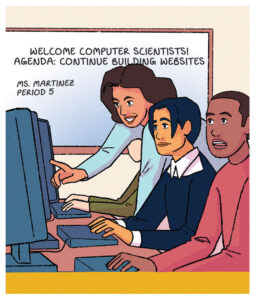
Unfortunately, many schools are getting rid of their computer science programs. And if parents aren’t successful in putting pressure on the schools, Ryoo encourages them to do their own research, “I think parents, first of all, encouraging themselves to learn a little bit more about what computer science is. That it’s not just typing or word processing or using a spreadsheet. That’s not computer science.” Computer science is the problem-solving and logical thinking that is the foundation of computing and design of technology. Ryoo urges parents to take matters into their own hands, “What are opportunities out there also out of school? There’s often a lot of free or low-cost programs that you can enroll your child in.” Latinitas, for example, offers many, “As well as free resources online to try things out.” Online programs like Scratch can be a great gateway into the world of computer science that parents can explore with their children.
Parents also need to be aware of another issue Ryoo mentioned; teachers limiting students, whether unknowingly or due to their own internal biases, “Unfortunately, as happens in the graphic novel, which is based on my co-author’s prior research, a lot of young women, a lot of students of color, a lot of students who are labeled as English language learners are pushed out of computer science classes.” In some cases, Ryoo shared that students can even discourage themselves from getting involved, “I do a lot of research with young people in high school, and many have said to me, oh computer science, it sounds like a nerdy class and I don’t want my friends to think I’m a nerd. So I’m not gonna sign up for it. Or the stereotypes like, oh you have to be smart to take computer science. Whereas, and I don’t feel confident.” But the reality is, everyone is capable of learning computer science, and these same students who shared these sentiments said that, after taking an introductory course called Exploring Computer Science in 9th grade, they suddenly saw how computer science opened doors and opportunities to learning many new things. The stereotypes they once believed no longer applied.
The key message Ryoo wants everyone to take away from Power On! and ¡Conectados! is that of confidence, “I would want [readers] to feel confident in their dream, knowing that they belong in the field of computing regardless of the color of their skin, languages they speak, how much money they have, or their gender identity.” Ryoo and Margolis are aiming to flip the script and show just how essential cultures and diversity are in the world of tech, “Their cultures, their identities are really assets and strengths.” While certain schools and workplaces might encourage students to hide away, Ryoo is encouraging them to let themselves shine, “I would hope that students don’t get scared by that and really embrace and understand how who they are gives them that unique perspective and bold view that can that really makes them even more creative and thoughtful and aware.” After all, it’s that unique perspective that’s needed in STEM.
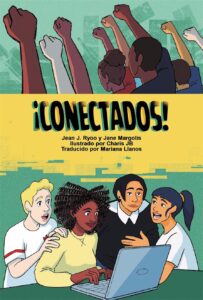
¡Conectados! is out now, and you can check it out here.







